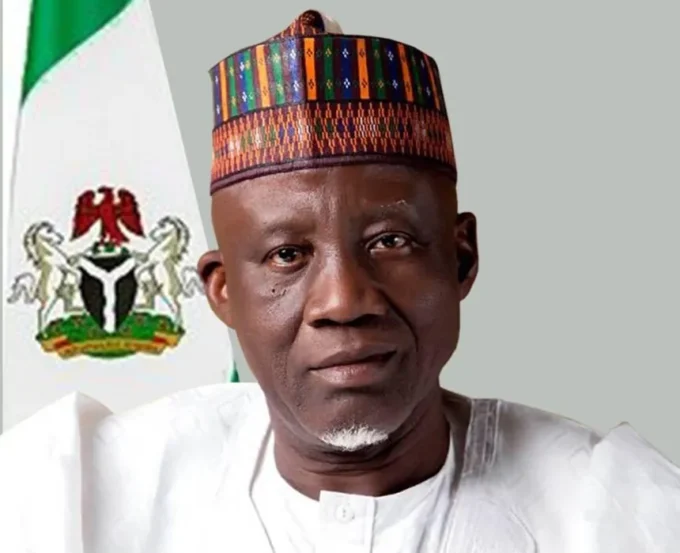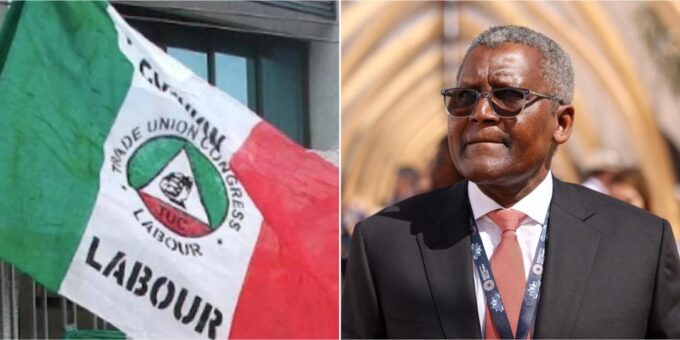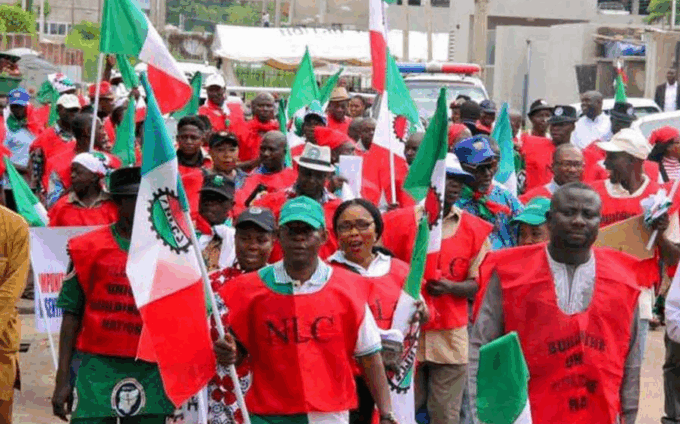On a day meant to honor the contributions of Nigeria’s workforce, labor leaders painted a sobering picture of the challenges facing ordinary workers.
The proposed new minimum wage of ₦70,000, while a significant increase from the current ₦30,000, may still not be enough to cover basic living expenses, let alone the cost of simply getting to work each day.
NLC President Joe Ajaero captured the dilemma many face: “₦70,000 is not enough to transport a worker to and from work for 24 days in a month. That’s the painful reality.”
His remarks at a recent gender conference in Abuja highlighted how soaring transportation costs, alongside rising prices for food, housing and other essentials, are making it increasingly difficult for workers to maintain their daily routines.
The numbers tell a troubling story. With inflation hovering around 33%, the purchasing power of wages continues to erode. What might seem like a raise on paper actually buys less than before. A bag of rice that cost ₦8,000 a few years ago now sells for ₦80,000 in many markets, while transportation fares have tripled in some areas.
In major cities like Lagos and Abuja, rent consumes such a large portion of income that many workers are left with little for other necessities.
Former TUC leader Dr. Tommy Okon noted the psychological toll of these economic pressures, observing that “families are now focused on daily survival.”
The sentiment was echoed by Lagos NLC chairperson Funmi Sessi, who described the current situation as unprecedented. “Prices keep rising, and nothing is being done to ease the pain,” she said, calling for greater attention to workers’ struggles.
Behind these statistics are real people making difficult choices every day. Some skip meals to afford transportation. Others ration their workdays because they can’t sustain the cost of commuting five days a week. The traditional pride of being gainfully employed is increasingly overshadowed by the stress of making ends meet.
As Nigeria reflects on Workers’ Day, the question remains: how can the nation truly honor its workers when so many are being priced out of the very system they help sustain? While the proposed wage increase is a step forward, labor leaders suggest it may need to be just the first of many steps to restore dignity and stability to Nigeria’s workforce.
The path ahead will require not just adjustments to wages, but creative solutions to the broader economic challenges squeezing workers from all sides.















Leave a comment